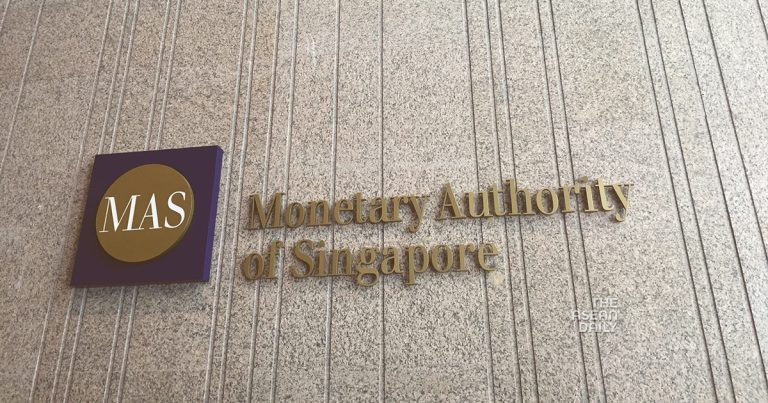17-1-2024 (SINGAPORE) Singapore’s Monetary Authority (MAS) has stated that spot Bitcoin exchange-traded funds (ETFs) are not approved for retail investors in the country, following the recent approval of such products in the United States. MAS cautioned individuals who choose to trade these products in overseas markets, urging them to exercise extreme caution. The US Securities and Exchange Commission (SEC) recently gave the green light to the first US-listed ETFs that track Bitcoin, providing institutional and retail investors with exposure to the leading cryptocurrency without direct ownership. On the debut trading day, these ETFs witnessed a substantial volume, with $4.6 billion worth of shares traded, according to LSEG data.
While the approvals from the SEC were significant, the regulatory body’s chair, Gary Gensler, clarified that they should not be interpreted as an endorsement of Bitcoin itself. Gensler described Bitcoin as a “speculative, volatile asset.” In Singapore, ETFs fall under the purview of the Securities and Futures Act and are part of the collective investment schemes (CIS) accessible to retail investors. However, MAS has not approved Bitcoin and other digital payment tokens (DPTs) as eligible assets for retail CIS. As a result, spot Bitcoin ETFs are not permitted for offer to retail investors, as stated by MAS.
MAS emphasized its long-standing perspective that cryptocurrency trading is highly volatile and speculative, making it unsuitable for retail investors. The regulatory body previously announced its intention to implement stricter regulations for cryptocurrency trading in Singapore by mid-2024. This move followed proposals made in October 2022 to safeguard customers from the risks associated with cryptocurrency trading, covering areas such as consumer access, business conduct, and technology risks.
Despite the restrictions in Singapore, MAS acknowledged that individuals may still choose to trade Bitcoin ETFs in overseas markets. However, the authority urged caution and advised individuals to carefully consider the additional risks associated with trading in such markets. Capital market intermediaries licensed by MAS that offer access to overseas markets must ensure proper risk disclosures and customer suitability assessments.
The Singapore Exchange (SGX) responded to the SEC’s decision, noting that spot Bitcoin ETFs have not been approved for listing in Singapore. SGX stated that it is closely monitoring developments in the cryptocurrency sector, taking into account factors such as market demand, regulation, and governance, which are still evolving for crypto assets. An SGX spokesperson expressed the exchange’s commitment to monitoring the progress in the digital assets and decentralized finance space.




